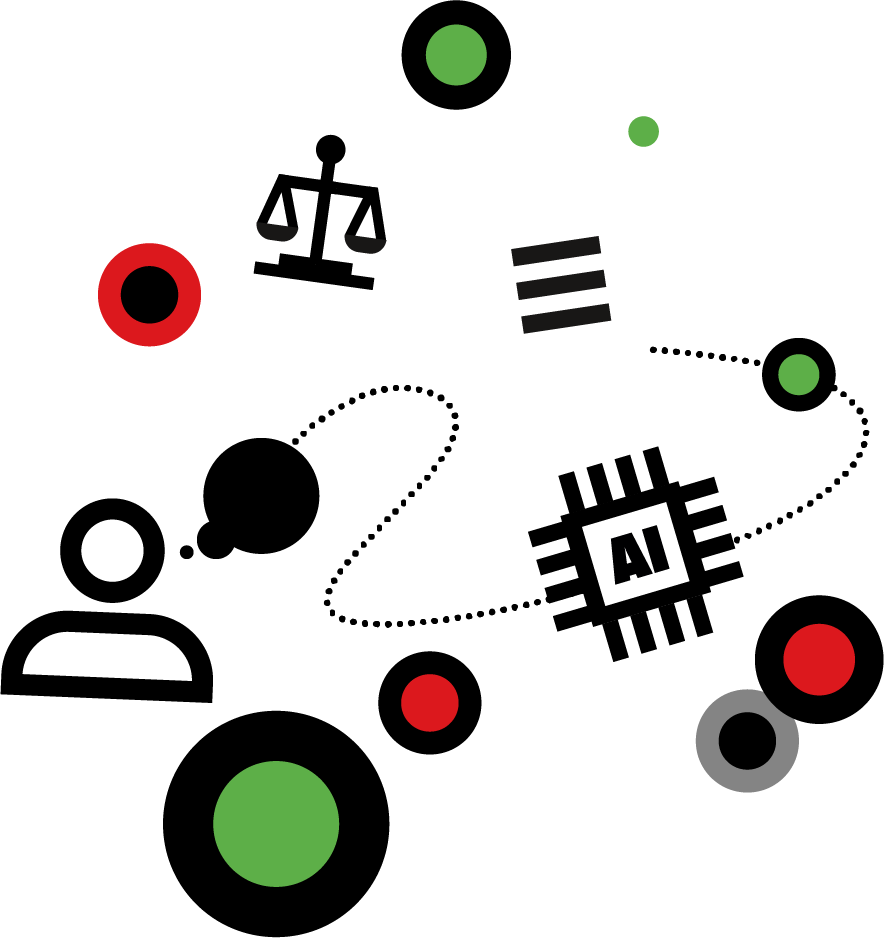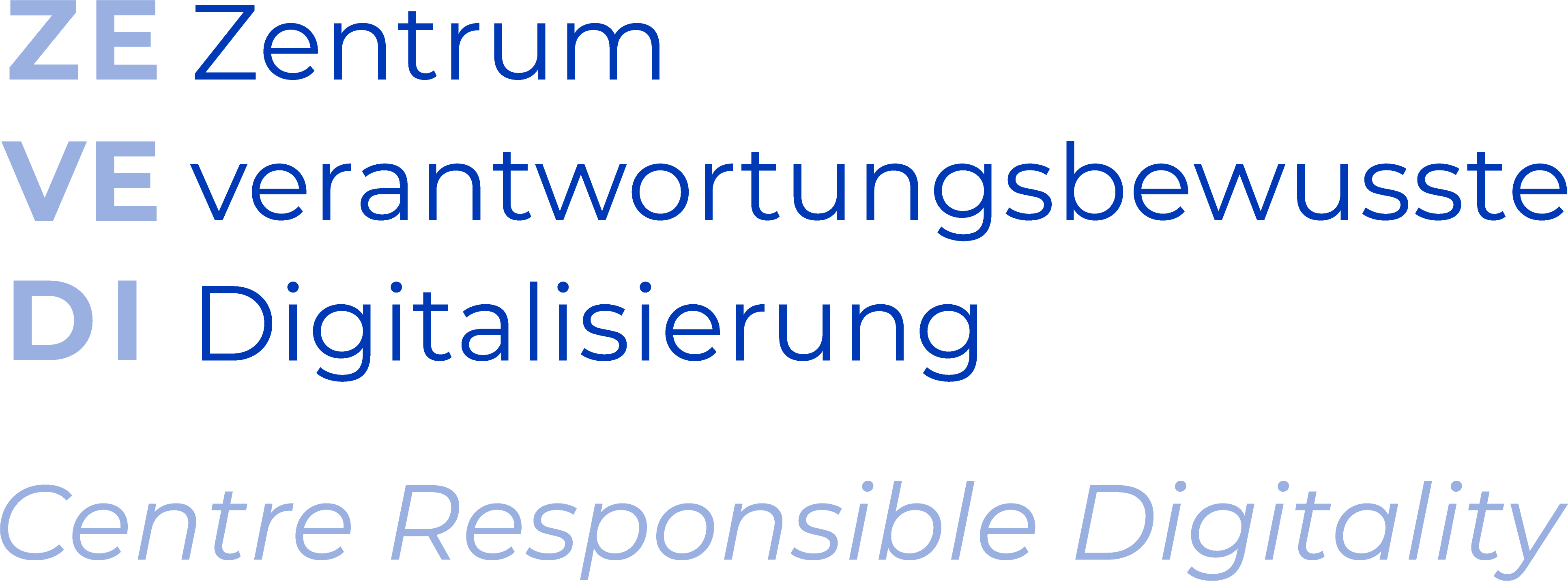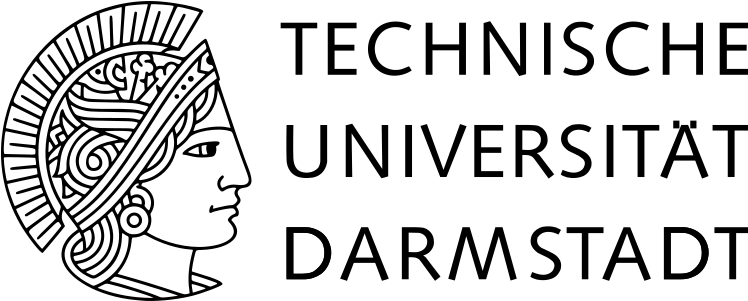
Generative artificial intelligence such as ChatGPT or Midjourney offers the possibility of creating texts and images at breakneck speed. However, these technologies are not without risks: they generate a mix of correct and incorrect information that is difficult to verify, imitate existing works and paraphrase content without clearly disclosing what data they are based on. The origin of the material used often remains unclear, especially when it comes to legally protected works. The companies that develop and operate these systems leave both the data sources and the risks and side effects of the algorithms used in a ‘black box’. Generative AI systems access gigantic amounts of digital texts, images and sounds, often without regard for copyrights. Assessing the legal situation for affected publishers, authors and other creatives is only just beginning. In Europe, the AI Act offers a first approach to regulation, but protection against companies like OpenAI, Google or Meta remains difficult to enforce. Furthermore, legal violations that have already occurred and the economic impact on knowledge and cultural work are largely disregarded.
In the face of these challenges, the question arises as to how our thinking, creative work and the definition of authorship are changing with the increasing use of such technologies. How does the availability of machine-generated content influence our view of humanity, the meaning of human communication and cultural work? The planned ad hoc project aims to find answers to these questions and to discuss possible solutions. To this end, several interdisciplinary workshops will be held, bringing together experts from various fields to discuss the social, legal and cultural implications of the use of generative AI. A major public event will bring together the perspectives of literary, journalistic and scientific authors in particular and promote exchange.
Principal Investigators
Prof. Dr. Petra Gehring, Technische Universität Darmstadt | more information
Nina George, European Writers’ Council, Brüssel/Berlin/Bretagne | more information



